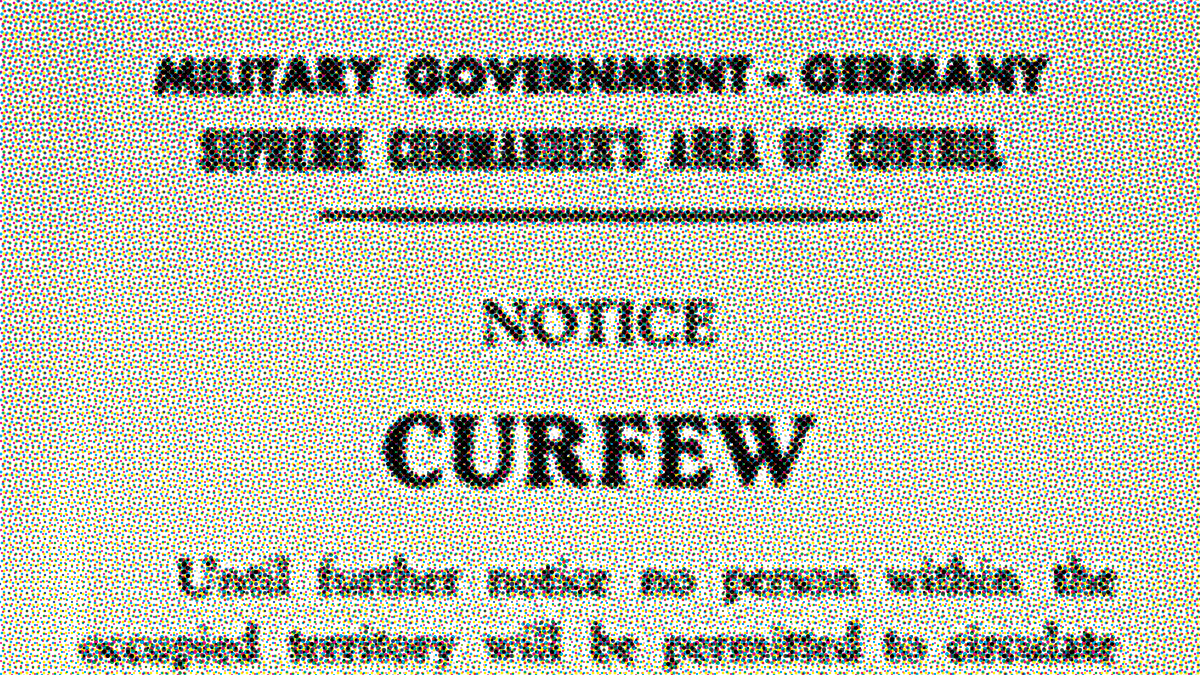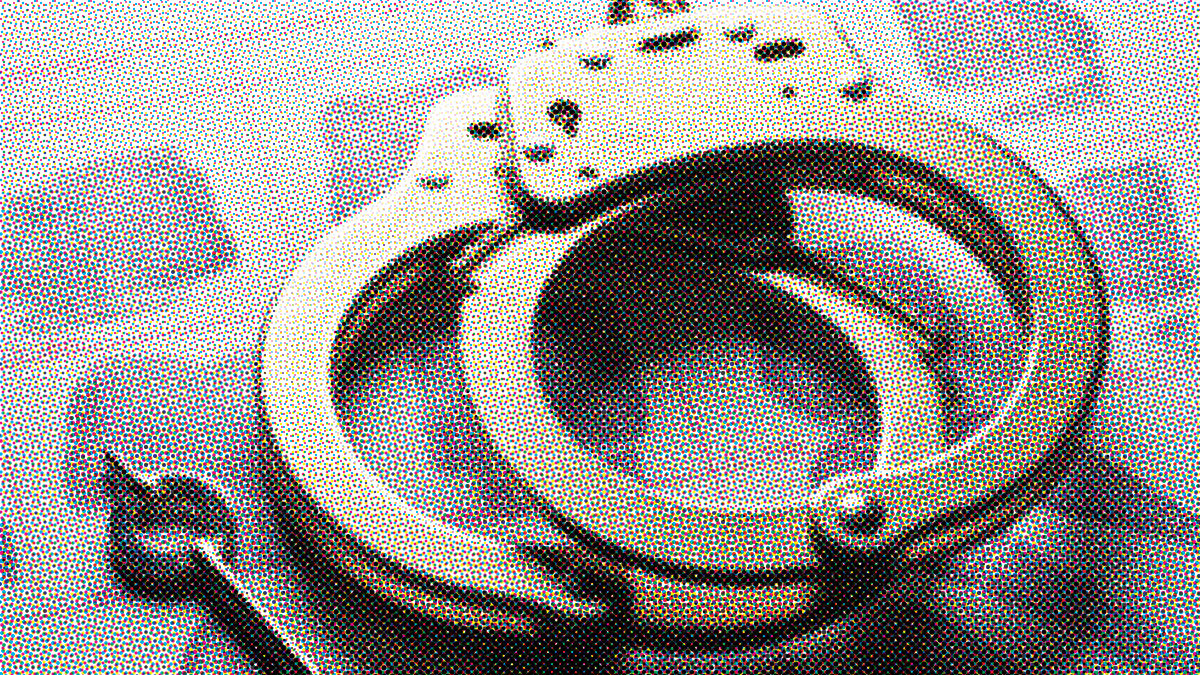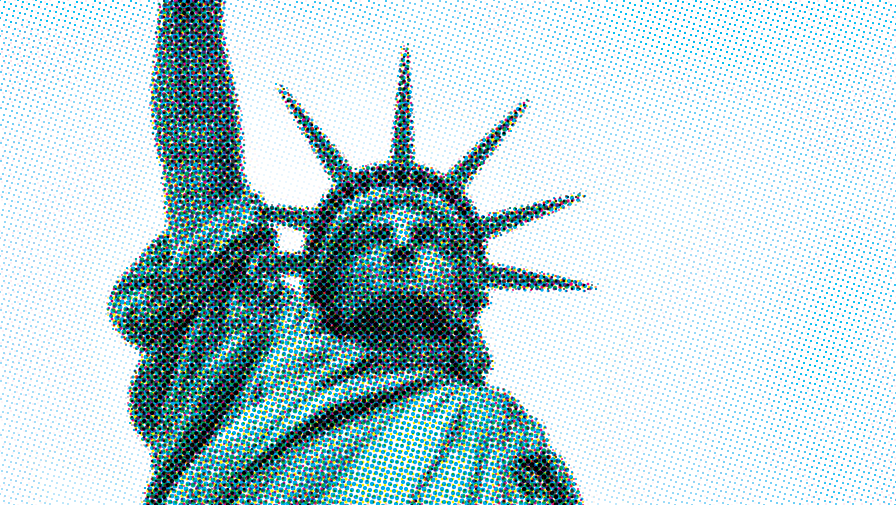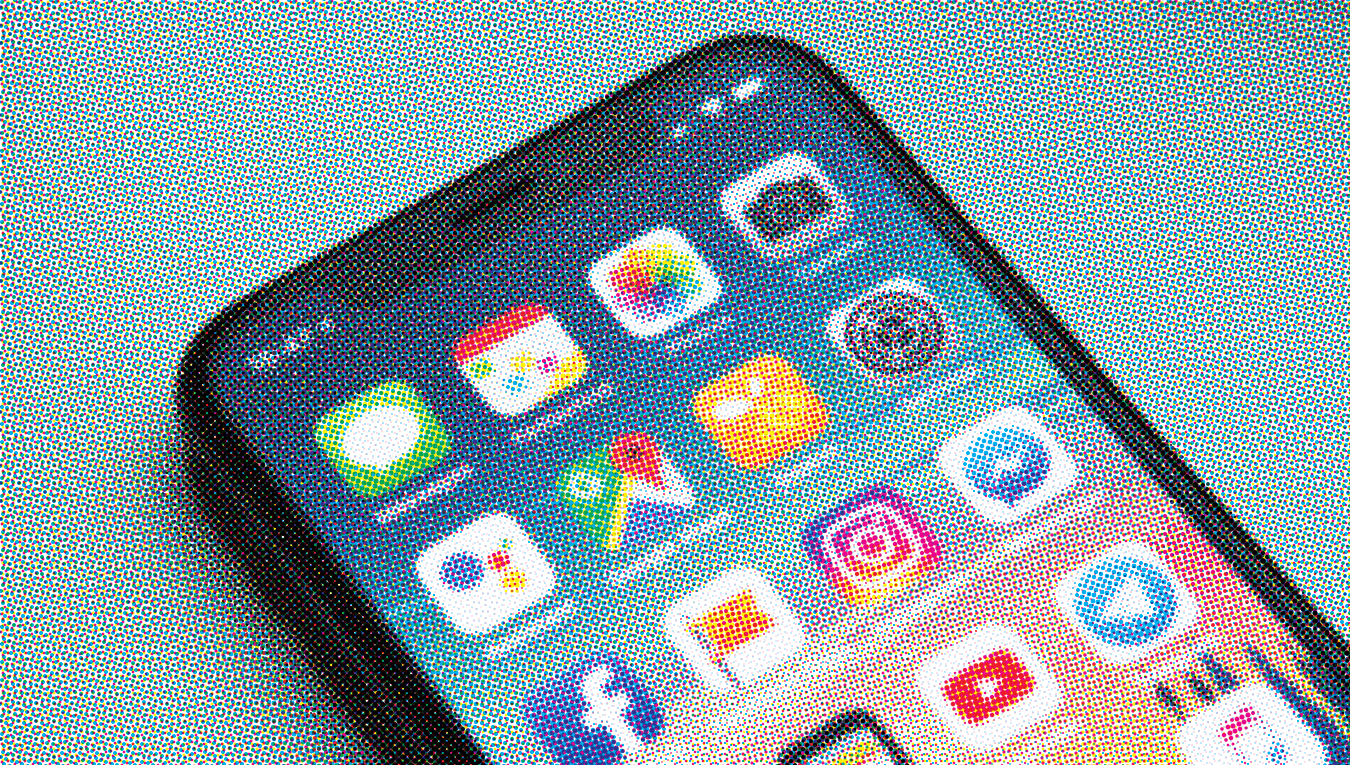The Federal Republic of Germany has ordered the first curfew in the history of the country. Meanwhile, around the world, people are now being mandatorily tracked by their mobile phones and are spied on in home office isolation.
A look at the legislature that was hastily put in place, and the laws that were amended, to stop the spread of SARS-CoV-2 in Germany. What is happening here from a privacy and civil liberties perspective?
Sent to prison for a crime you didn't commit because the police got location data from Google – this isn't the plot of a novel or a hypothetical scenario. It's happened, multiple times, in the US already.
Google is moving the data of its UK users over to US servers, evidently to remove it from the jurisdiction of the EU's data protection laws. Is this actually the case? And what does that mean, in concrete terms, for Google users in the UK? Does the GDPR still apply?
TLS, sometimes referred to as HTTPS, is often held up as being very important for privacy reasons. In most cases that is true, but there are exceptions. And blindly arguing for every website to use it without understanding the wider implications also carries its dangers.
According to recent reporting, the US government is using aggregated location data from smartphone apps to track people. What does it mean and how do we protect against it?
In the impeachment trial of Donald Trump, the spectre of election interference in the upcoming 2020 Presidential Election was raised again and again. But everyone continues to ignore the actual underlying threat to democracy in the United States: the dangers of electronic voting.
How did an anarcho-transsexual feminist hacker create software that The New York Times proclaimed might end privacy as we know it? And was he indeed the first to have the idea to scrape everyone's photo off social media?







